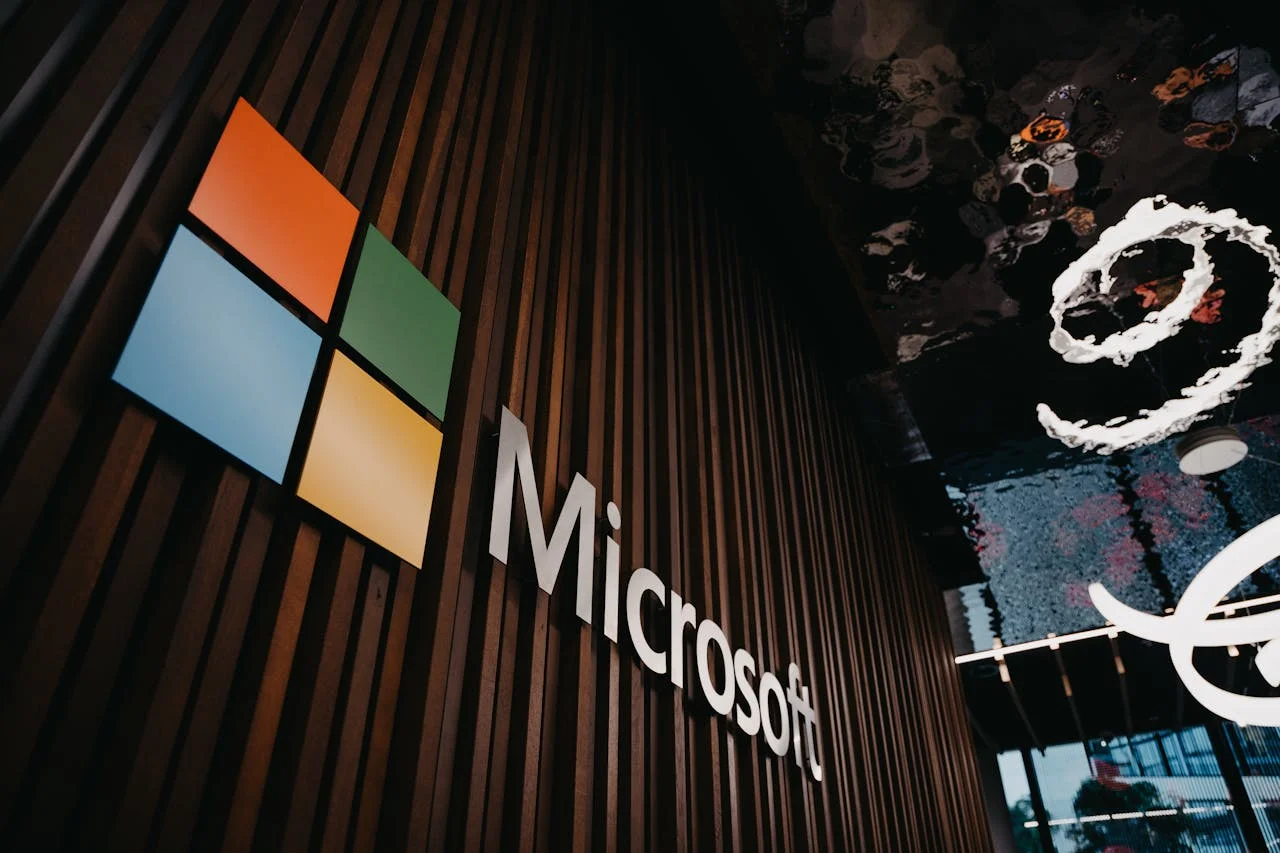Microsoft’s New AI Agents: A Game-Changer for Business Automation
One of the newer waves of artificial intelligence research, Microsoft has moved further ahead announcing 10 new autonomous AI agents for its Dynamics 365 business applications. This attempt appears to directly rival Salesforce’s Agentforce to be released soon, and is expected to change the face of business processes by automating a wide range of tasks involved in sales, finance, supply chain, and customer service.
The announcement came in as Microsoft unveiled its “AI Tour” in London, just a few days ahead of the scheduled release date of its own autonomous AI technology, set for October 25. Two tech giants now seem destined to ignite a fierce AI battle.
AI Agents: The New Age of Business Automation
Think of agents as new apps for an AI world,” Microsoft’s Chief Marketing Officer for its AI at Work initiative, Jared Spataro, writes in a blog post launching the new AI tools. Every organization will have a constellation of agents – from simple prompt and response to fully autonomous systems. These AI agents are supposed to work on behalf of individuals, teams or whole departments and perform and orchestrate business processes with minimal human input.
Thus, in this regard, the step by Microsoft clearly signifies its interest in changing business workflows. For his part, Salesforce Chief Executive Marc Benioff has heavily criticized Microsoft’s Copilot AI for allegedly disappointing business customers and raising security concerns about exposing sensitive data.
Key Features of Microsoft’s New AI Agents
The AI agents are designed to operate autonomously, focusing on several key business areas. According to Microsoft, the new agents will help businesses in the following areas:
- Sales: AI agents such as the Sales Qualification Agent and Sales Order Agent will help prioritize leads and automate order intake, significantly reducing manual tasks for sales teams.
- Operations: The Supplier Communications Agent and Financial Reconciliation Agent will optimize supply chain operations and streamline financial processes, ensuring greater efficiency.
- Customer Service: The Customer Intent Agent and Customer Knowledge Management Agent aim to improve customer service by automating case management and maintaining up-to-date knowledge bases.
The new AI agents are expected to save businesses significant time and resources. For instance, Lumen Technologies has already projected $50 million in annual savings thanks to Microsoft’s AI-powered solutions. Similarly, Honeywell has experienced productivity gains equivalent to adding 187 full-time employees by leveraging AI tools.
Microsoft and Salesforce: The Battle for AI Dominance
In fact, Microsoft and Salesforce have already been frenemies: whenever it was profitable for them, they teamed up, but each of them managed to take the upper hand from the market of the other. The release of Microsoft’s autonomous AI agents by the company and Salesforce’s Agentforce, which is going to appear later, has made a competition between these two companies even more dramatic, with a new focus on the streamlining of business operations through AI.
Microsoft has a very strong market presence with 60% of the Fortune 500 companies already using Copilot technology. Salesforce remains a step behind, though; their autonomous AI technology for sales and service promises to be a head-to-head competitor to Microsoft’s AI offerings. The battle between the two high-tech giants will keep increasing the competition from the current levels in coming months with each successive upgrade in the strength of AI capabilities.
AI Beyond Assistance: The Rise of Autonomous Systems
This is part of a larger move in the industry to give the AI system as much autonomy as possible. Agents of this sort now can complete entire processes on their own and no longer support users in tasks. Microsoft has made tremendous strides in this way, not only moving AI across its products but also integrating the AI into products such as GitHub, Windows, and even Microsoft 365.
Dynamics products and cloud services brought Microsoft $6.5 billion in fiscal year 2024. Still quite small as a percentage of the company’s overall $245 billion revenue, steady growth from $5.4 billion in 2023 and $4.7 billion in 2022 point toward a bright future for AI-driven business solutions.
What’s Next for Microsoft’s AI Agents?
Microsoft has announced that its new AI agents will be available in public preview for Dynamics 365 starting later this year, with more rollouts planned for early next year. The preview will allow businesses to test the technology and see firsthand how it can streamline their operations.
Key AI agents include:
- Sales Qualification Agent: Helps prioritize leads and automate order processes.
- Supplier Communications Agent: Optimizes supply chain communication with suppliers.
- Financial Reconciliation Agent: Prepares data for financial reporting and automates transaction matching.
- Customer Intent Agent: Improves customer service by automating case management.
Microsoft’s AI agents are expected to transform the way businesses operate, helping companies optimize their processes and save both time and money. As the competition with Salesforce heats up, it will be interesting to see how businesses respond to these new technologies.
Final Thoughts: A New Era of AI Automation
As Microsoft and Salesforce push the boundaries of AI technology, businesses stand to benefit from the increased efficiency and reduced manual labor that autonomous AI agents provide. With Microsoft’s new AI agents ready for public preview, the next few months will likely showcase a new era of AI-driven business operations.
Stay updated on the latest advancements in AI by checking out Microsoft Dynamics 365 and Salesforce Agentforce.
Stay updated: Tech News


